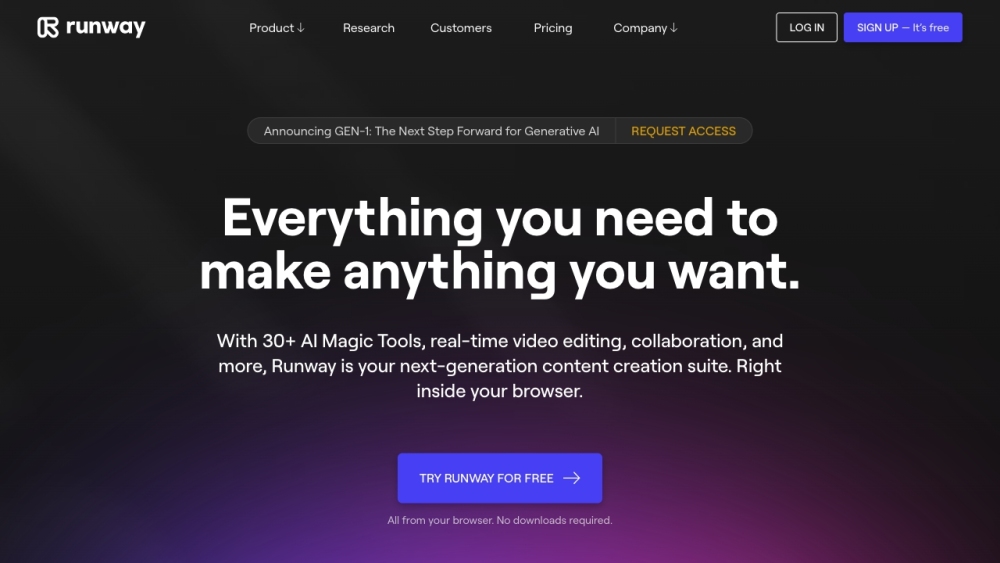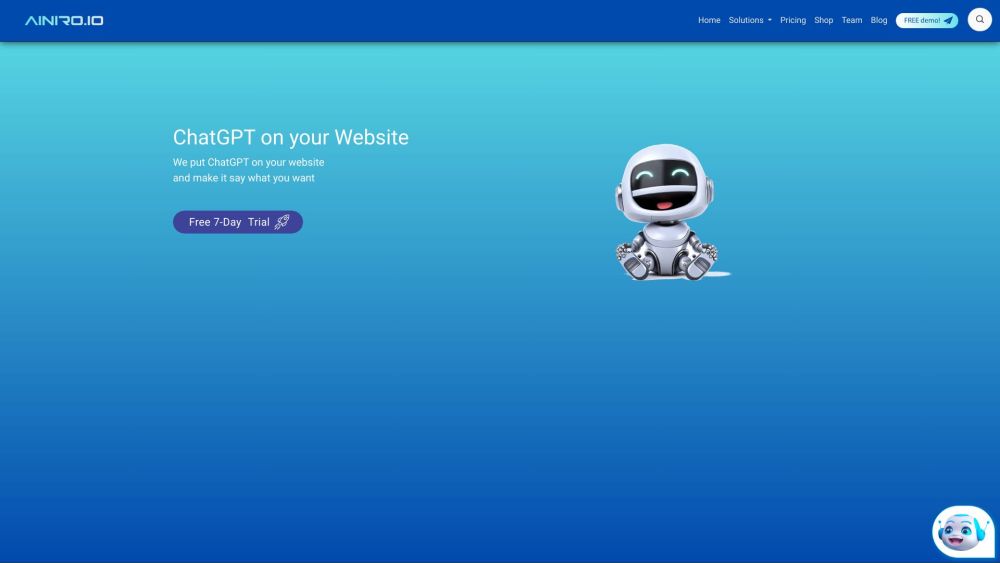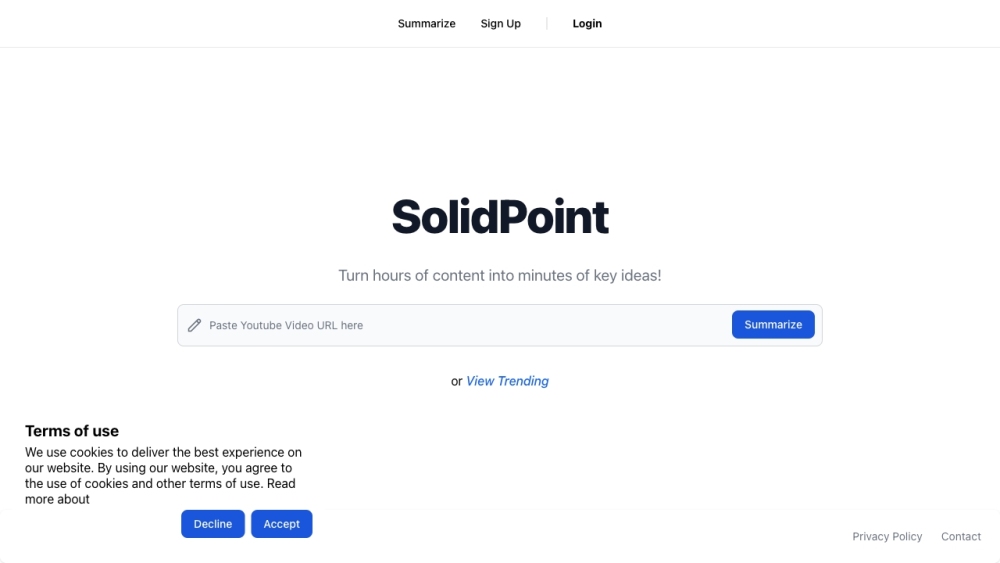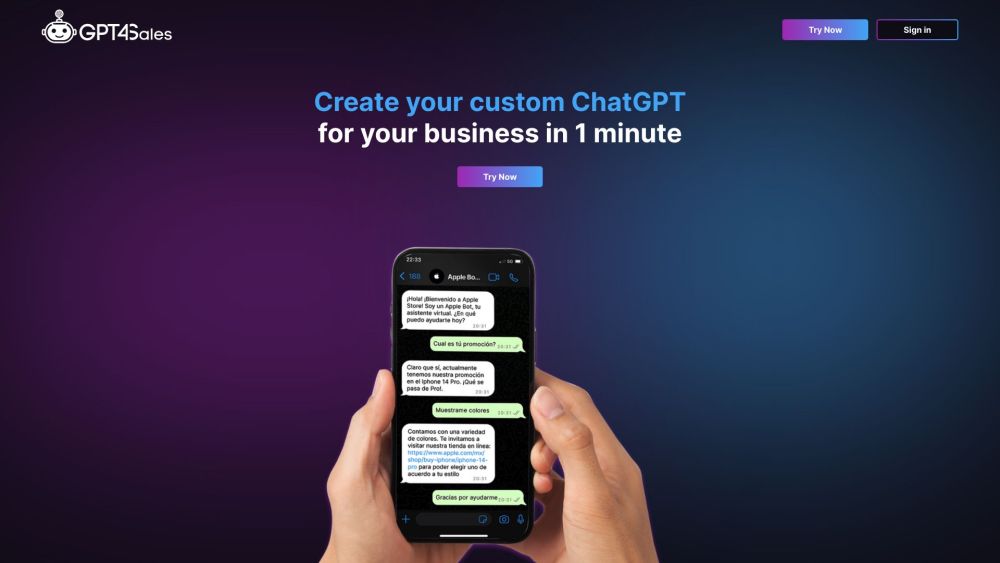While many large companies are still exploring how to integrate large language models into their products, some are already reaping the benefits of AI advancements. Microsoft stands out as a key player in this arena. On July 18, 2023, during the Microsoft Inspire event, the tech giant announced that its Microsoft 365 Copilot will offer AI capabilities for an additional $30 per user each month for business subscribers. These AI features will enhance staple products like Word and Excel. Following the successful launch of Bing Chat for consumers, Microsoft is also set to introduce Bing Chat Enterprise, tailored specifically for business users with a focus on enhanced data protection.
Microsoft's stock surged by 4% post-announcement, reflecting positive market sentiment about the company's AI revenue potential. On the same day, Meta revealed its next-generation language model, Llama 2, naming Microsoft as its preferred partner. By collaborating with both OpenAI and Meta, Microsoft is effectively monetizing AI in the commercial software sector, positioning itself as a frontrunner in the AI landscape.
AI Commercialization: Initial Success
Four months prior, after the release of OpenAI's GPT-4, Microsoft held an event titled "Reimagining Productivity with AI." During this event, it was announced that GPT-4 would be integrated into the entire Microsoft 365 suite, introducing a new Copilot designed to assist users in seamlessly generating documents, emails, and presentations. This innovative technology enables natural language generation for PowerPoint presentations, documents, and email drafts, profoundly transforming workplace productivity.
At the July 18 event, Microsoft confirmed the $30 monthly fee for Copilot, on top of existing Microsoft 365 subscriptions. This move could potentially lead to an 83% increase in monthly subscription costs for enterprise clients, marking a significant revenue opportunity for Microsoft. Eligible customers include those with Microsoft 365 E3, E5, Business Standard, and Business Premium subscriptions. Since its debut in March, Microsoft has tested Copilot with over 600 organizations, including high-profile clients like General Motors and Goodyear. In a climate marked by "AI anxiety," Microsoft is well-poised to capitalize on businesses eager to invest in AI solutions.
For those who find the $30 fee prohibitive, Microsoft is introducing Bing Chat Enterprise. This commercial version of Bing Chat offers verified answers with citations and visual content such as graphs, all while prioritizing data protection for business users. Microsoft has assured that data from interactions with Bing Chat Enterprise will not be retained or used for training, addressing concerns about data security. Currently available in preview and included for free in select Microsoft 365 packages, Bing Chat Enterprise will later be available as a standalone product for $5 per user per month, providing a more budget-friendly alternative to Copilot.
Partnering with Meta: A Strategic Move
During the Microsoft Inspire event, CEO Satya Nadella highlighted another significant partnership with Meta, naming Microsoft as the preferred partner for Llama 2, Meta’s new language model. This collaboration emphasizes security and reliability, positioning Llama 2 as a practical alternative to proprietary models like GPT. Meta has made Llama 2 available for commercial use through the Microsoft Azure platform.
This partnership broadens access to foundational AI technologies and benefits global enterprises. The collaboration between Microsoft and Meta is a strategic move, particularly considering previous assumptions that Microsoft was solely aligned with OpenAI. By diversifying its AI collaborations, Microsoft stands to benefit from a range of effective models, solidifying its presence in both cloud computing and the Microsoft 365 suite.
In conclusion, Microsoft is on a promising path toward AI commercialization, rapidly expanding its offerings while addressing business concerns about data security and integration. As Nadella stated, “We’re excited about the future—and we’re just getting started.”




